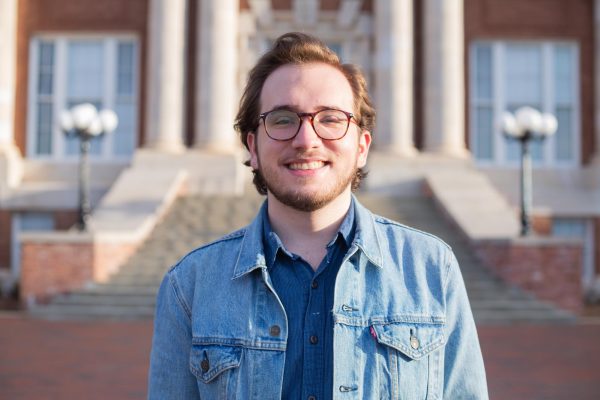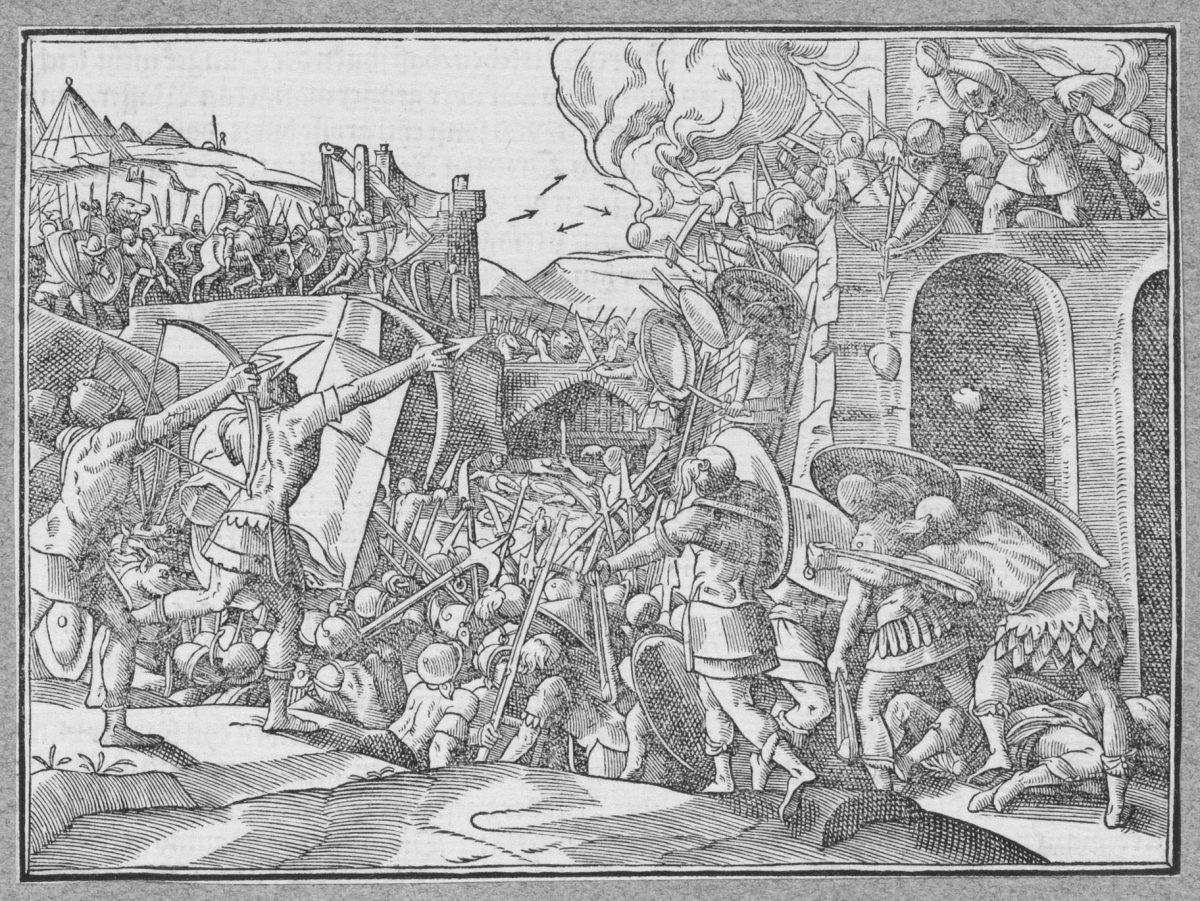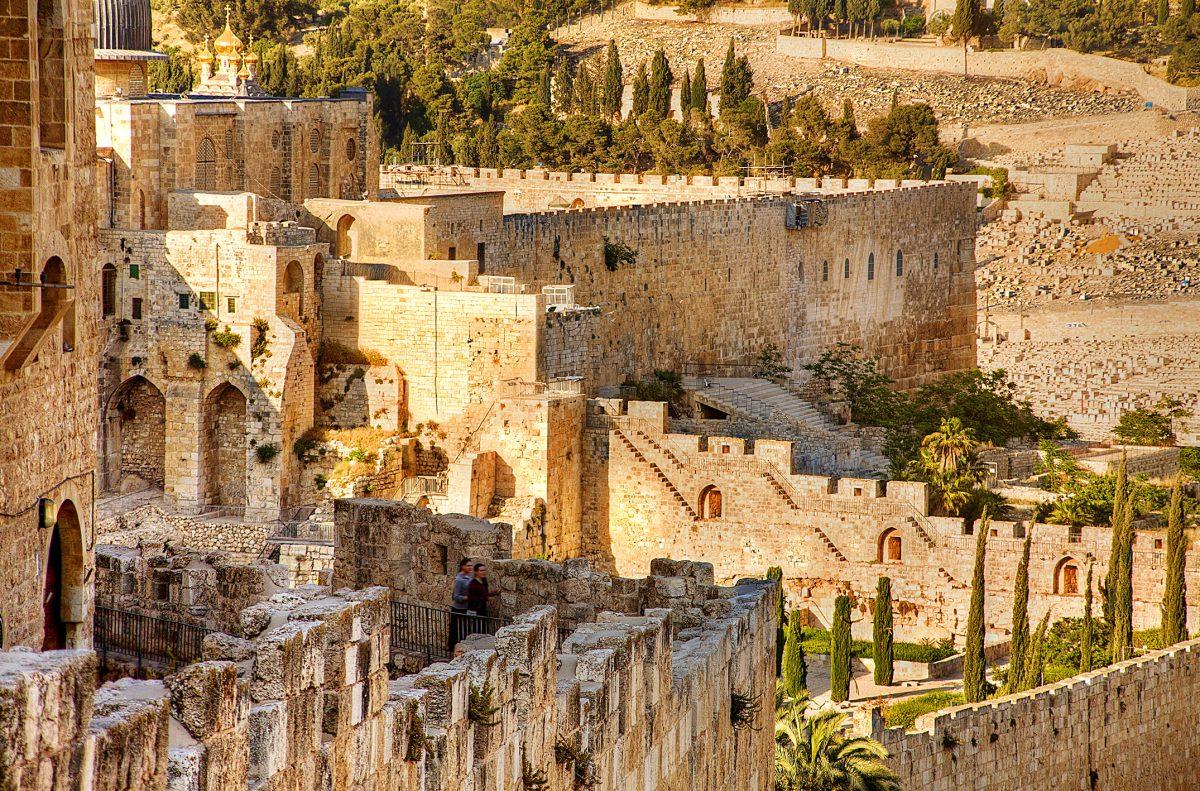Mississippi State University’s Department of Anthropology and Middle Eastern Cultures is returning to an excavation site in Israel for the first time since 2017.
The five-week project is a field school to train students and will also survey 100 square kilometers of southern Israel for significant archaeological sites this summer.
Dr. James Hardin, archaeologist and director of the Cobb Institute of Archaeology, said the region is important to the institute’s study of the Middle East.
“We found a little over 800 sites, 7,000 isolated finds, so it’s an archaeologically rich area that goes from 1.8 million years ago, maybe 1.6, to 1947,” Hardin said. “We have everything in the area.”
Hardin said from 1100 B.C. to 1250 B.C., a widespread societal collapse known as the Late Bronze Age Collapse caused many civilizations to disappear from the archaeological record, forming an abrupt break in history. About 200 years later, kingdoms mentioned in biblical texts — Israel, Judah, Moab and Edom to name a few — began to form.
Hardin said the relationship between biblical texts and the archaeological record has been hotly debated for decades. The project hopes to shed light on the development of tribal cultures into ancient biblical kingdoms.
“’What do the processes look like from an archaeological perspective?’ That’s one of the things that we’ve been trying to address,” Hardin said. “How early does Israel arise?”
Students will excavate a site called Khirbet Summeily, a promising site that could prove instrumental in understanding how – and perhaps when – these biblical kingdoms formed.
Khirbet Summeily is dated from 1000 to 700 BC, a time of interest to MSU’s research. The site is located between the wet, coastal plain of the Mediterranean and the mountain foothills where early Israel formed.
According to Hardin, Khirbet Summeily lies on the border of the ancient kingdoms of Judah and Philistia — and happens to be one of the best sources of water in the Negev Desert — making it a highly traveled area in ancient times and an archaeological hotspot.
“We didn’t find any houses; we found this big administrative building. We find animal bones where these animals are living their early lives somewhere else and being brought there to be processed as food,” Hardin said. “So, it shows provision in the economy, which shows the integration of the site into a larger regional network.”
During the most recent excavation of Khirbet Summeily in 2017, the field team unearthed “bullae” — items sealed in clay. Hardin said these bullae are significant because they display an exchange of commodities, which could suggest the political integration of people earlier than previously believed.
“There’s administrative activity that I think you associate with increasing political integration and interaction,” Hardin said. “We know there are kingdoms in the ninth and eighth centuries. We have contemporary records that talk about them. The question is, when did it start and what did that look like?”
Hardin estimates the project will cost the Cobb Institute between $150 million and $250 million. In addition to the field school, students will go on weekend excursions to sites significant to archaeology in the Middle East, including a visit to Qumran, the site of the famous Dead Sea Scrolls.
“One of the cool things about this field school is that the students will be digging the materials, they’ll be processing the materials, they’ll be recording the materials in the field. So, they’re going to learn their archaeological field processes and methodologies from stem to stern until we get to laboratory analysis,” Hardin said.
When Bailey Stephenson toured MSU, he was uncertain of his career path. Once he learned of the upcoming Khirbet Summeily excavation, he decided to pursue archeology at the Cobb Institute. Now a junior anthropology major, Stephenson said he expects the field school to help him identify the focus of his own research.
“You get a lot of dopamine from finding stuff in the ground. At least I do, personally,” Stephenson said.
Over 35 students and faculty members from MSU, the University of Michigan, the University of Wisconsin and the University of Minnesota will lodge in Kibbutz Ruhama, a community farming village of stuccoed cinderblock. According to Hardin, MSU’s presence over the years has fostered great relationships with locals and Israeli archaeologists.
“The Cobb Institute might be better known in some parts of Israel than in Mississippi,” Hardin said.
To obtain a license to excavate sites, the Cobb Institute of Archaeology must display it can probably care for excavated artifacts. Hardin said the Cobb Institute houses over 5,600 feet of collection space, making it one of the few institutes in the nation that has the infrastructure to excavate and research artifacts without outside collaboration.
MSU alumnus Michael McCoy attended an excavation of Khirbet Summeily in 2014. McCoy said that the trip bolstered his professional confidence and left him with unforgettable experiences. On one weekend excursion, his group visited the Old City of Jerusalem.
“I don’t know if you went to Sunday school when you were a kid or whatnot, but to hear all the stories and then to see all the places that are related to that, regardless of whether biblical archaeology is your thing, it’s cool to tie those physical places to something you’re actively looking at,” McCoy said.
MSU returns to Israel for first time since 2017
Courtesy Photo | Rijksmuseum
The Egyptian King Shishak attacked Jerusalem around 900 B.C. The event occurred nearby the site MSU has excavated.
Biblical Kingdoms
About the Contributor

Samuel Hughes, Former News Editor
Samuel Hughes served as the News Editor from 2023 to 2024.
0
Donate to The Reflector
Your donation will support the student journalists of Mississippi State University. Your contribution will allow us to purchase equipment and cover our annual website hosting costs.
More to Discover















